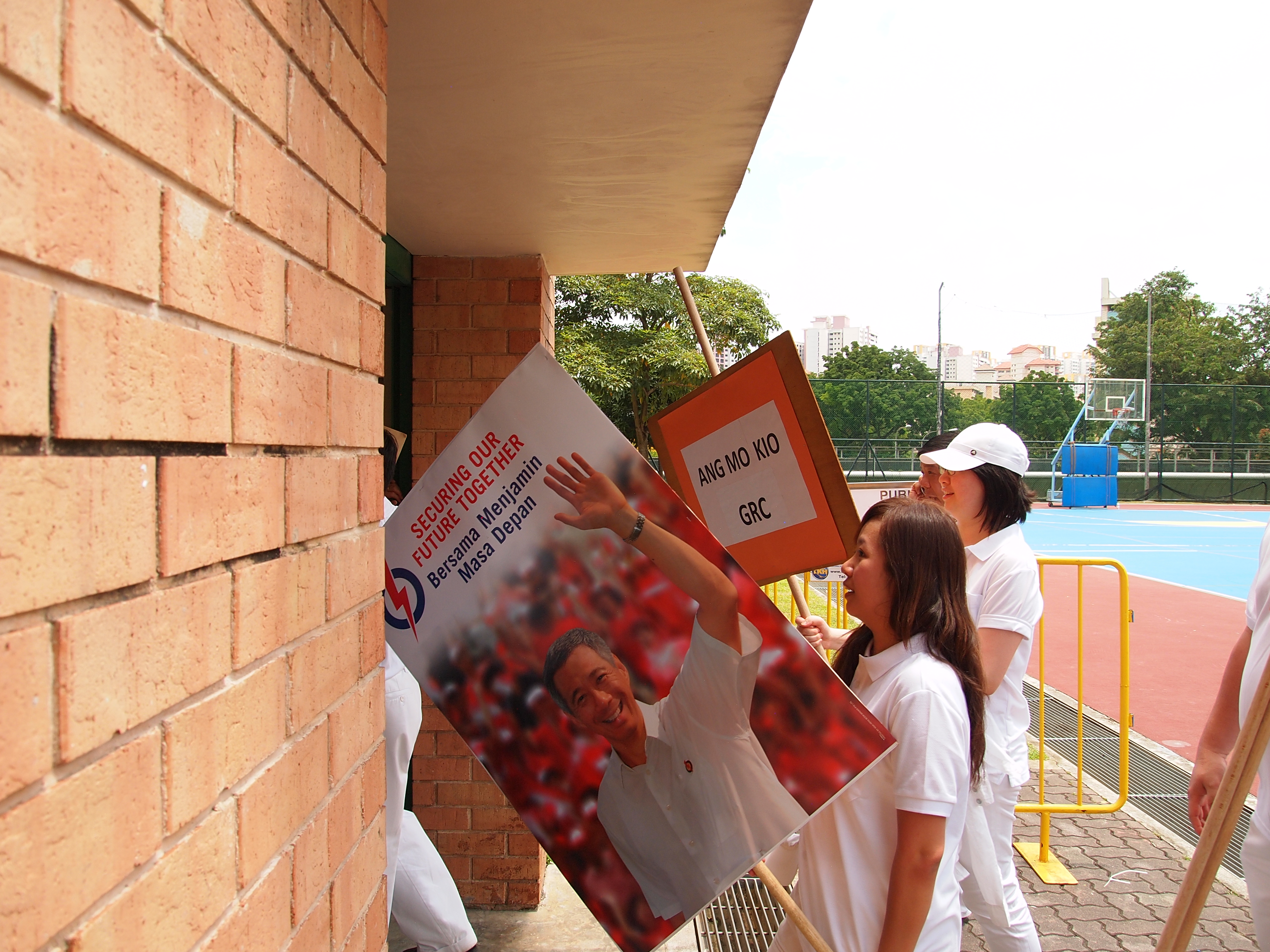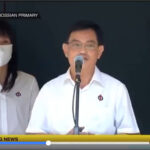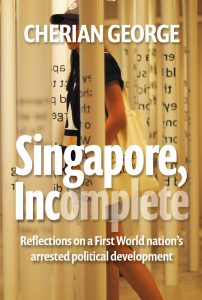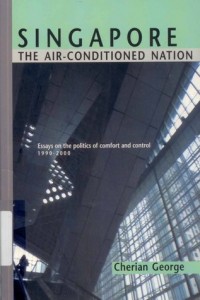the lee hsien loong compact
If Singaporeans getting their fill of Opposition rallies deign to watch one video from the Other side, I recommend this one: Lee Hsien Loong’s speech by the Singapore River yesterday. Regardless of how much impact it has at the polls, this could go down as a landmark speech, because it potentially signals nothing less than a new compact, a recasting of the relationship between the PAP and the people.
Until now, the PAP has based its authority largely on what some scholars call “performance legitimacy”: we rule because we deliver. Of course, every regime must ultimately deliver or die (though there are some that dispense with both performance and legitimacy, prolonging their tenure through raw violence). Since no government can please all of the people all of the time, most democratic systems rely on a more resilient form of legitimacy: we rule because the people have given us the authority to.
Such moral legitimacy arising from having been democratically elected has always had some relevance for Singapore and the PAP, which is why our journeys to polling centres on Saturday are part of an unbroken tradition dating back to 1959. But despite the PAP’s record of consistently winning the support of the majority of Singaporeans through elections, it has been chary of highlighting the star on the national flag that stands for democracy. This is because the PAP has had some difficulty justifying Singapore’s hybrid system, which upholds democratic procedures but gives short shrift to civil liberties. Hence, the emphasis on performance legitimacy instead: to paraphrase Deng Xiaoping, who cares what colour the cat is, as long as it catches mice.
Yesterday’s speech suggests a subtle shift in this principle. It arises from the Prime Minister’s recognition that people are indeed bothered when the cat looks down its nose at all and sundry, giving bad-tempered snarls at anyone who dares to cross its path (even the owner who feeds it). To complicate matters further, it turns out that, no matter what its pedigree, the cat cannot catch every mas, I mean, mouse. Partly since the doors of the house are always open to a rodent-infested world, but also because the cat is only human (OK, time to leave the feline metaphor behind).
So, exit pure performance legitimacy, enter what we might call systemic legitimacy.
The new compact proposed by PM Lee doesn’t guarantee that a PAP government will always deliver, but assures a system that will self-correct when delivery fails. To summarise his points (gleaned from yesterday’s rally speech and his press conference on Monday):
• Exposure to the global economy has put Singapore on a rollercoaster that is playing havoc with planning. (Finance Minister Tharman Shanmugaratnam had described the new boom-bust pattern in this year’s Budget Speech.)
• The government acknowledges the problems this has caused for transport and housing, as well as other mistakes that can’t be blamed on external factors.
• Sorry will no longer be the hardest word. (And to lead from the front, the PM said it twice.) The PAP will take responsibility for mistakes, and learn from them.
• It promises to get many more decisions right than wrong (thus, the core of performance legitimacy is retained). For this, it needs a strong team elected by the people. Strong government with a decisive mandate is better for Singapore.
• The government will ensure that the political system remains open and contestable – recognising that moral legitimacy comes from free and fair elections. But it will continue to fight to win every contest.
• Finally, Singapore does not need a strong opposition to bring out the best in the PAP. Instead, PAP politicians will be driven by their internalised value system. They promise to be “acutely aware that they are servants and not masters, that they are accountable to the people”.
Now for implementation
While these principles are an improvement, the question is how they will be executed. In particular, how will the balance be struck with another established principle that the PM reiterated yesterday: the need, after debate, for a consensus, a conclusion, and decisive action; and the need to preserve the political system that allows for such governance.
Empowering an effective government with the capacity to carry out its mandate is certainly a key function of democratic elections. However, the problem with this principle as applied in Singapore is that it’s been used to justify forcing aside dissenters and denying citizens the information they need to participate fully in public life.
Accountability loses meaning when it is always applied on the terms of those who are being held to account. Consensus loses moral power when it’s achieved by muting those who differ.
Therefore, critical Singaporeans cannot be blamed for reserving judgment about the significance of the shift from performance legitimacy to systemic legitimacy. It all depends on how talk translates into action in the coming years.
Indeed, I myself would have brushed all this aside as mere election rhetoric, but for one point that caught my eye in PM Lee’s remarks over the past week. I’m not referring to how he distanced his government from Lee Kuan Yew’s fighting words (which is no doubt one of the main talking points from yesterday’s speech, along with his use of that magic word, “sorry”).
No, what I noted was the use of the future tense in his Monday press conference, when describing the new compact. Here it is, as quoted in The Straits Times:
“I think you want a government which has a strong mandate but at the same time is acutely aware that they are servants and not masters, that they are accountable to the people. Their duty is to do good for Singapore and not only look after the immediate concerns of voters but also to look after the long-term interests of the voters and their children.”
If he had then turned defensive and declared that the PAP had already delivered such a government, he would have lost me. Instead, he said:
“That’s the kind of government which we would like to be able to [form] from this election.”
The sub-text: there is room for improvement; my next government will embody these principles in a way that my previous ones did not.
For those of us still predisposed to hope, even against evidence that invites despair, PM Lee’s remarks this week invite us to believe his promise, that tomorrow may indeed be better than today.
* Apologies to those who commented on this blog post while it was hosted on Apple’s Mobile Me servers. Comments were lost when I belatedly transferred the content to a new host after Apple ended its Mobile Me service.







Comments are closed.